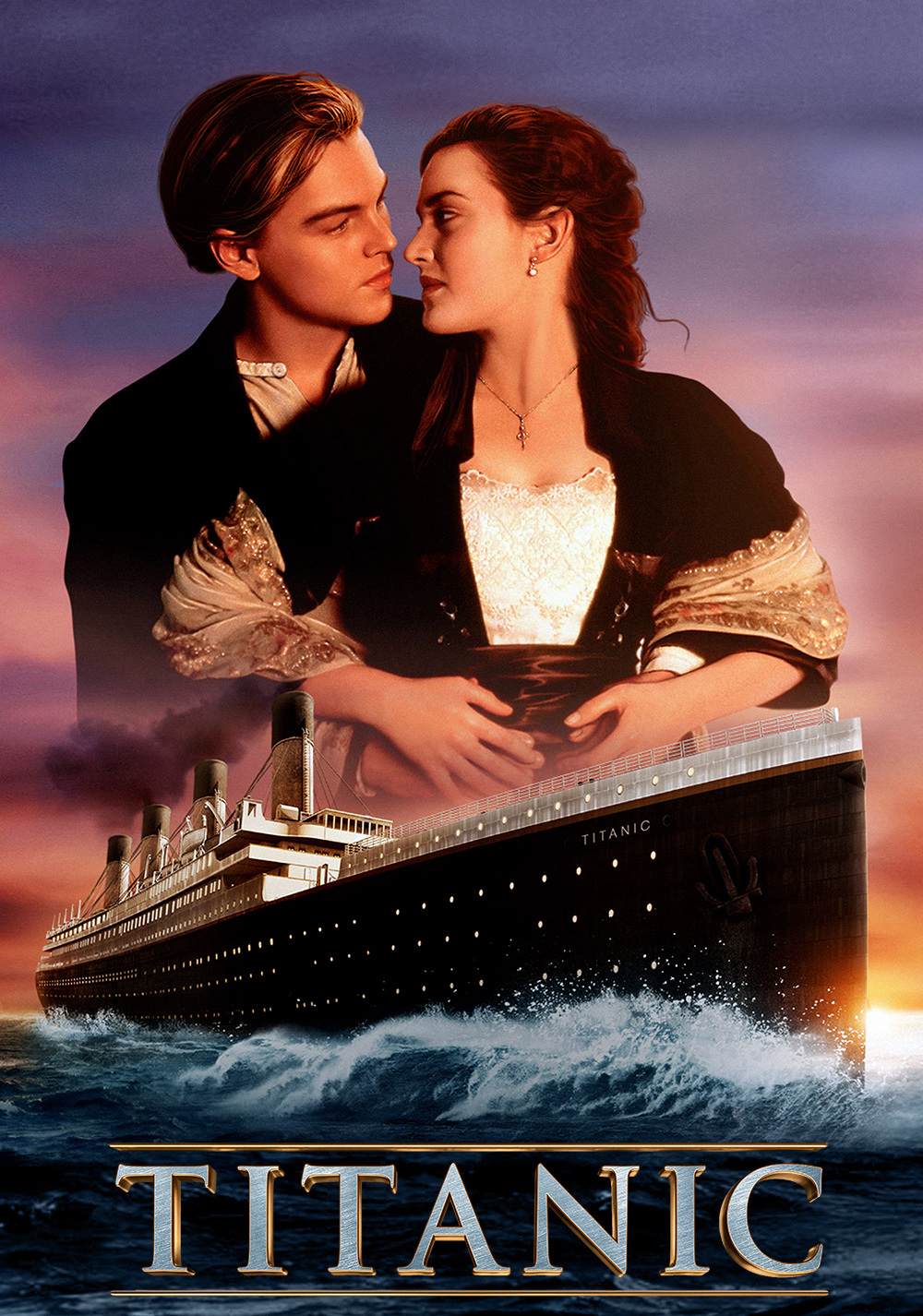Chris Gore - Rock Star Film Critic
Chris Gore - Rock Star Film Critic
Blog Article
A big part of film school is the experience of really making films, these are aptly called "trainee movies." A lot of film schools require each individual to make several student movies during their core curriculum. The kind of film and length may differ depending upon the class, year of guideline and professor. These student movies are your valuable gems and will act as your demo reel or calling card in Hollywood. Generally, these films will be your resume of sorts, a catalogue of your work and what you can.
When you have actually discovered some good choices of actors to fill the roles in the script, have a script-reading with all the stars that will have any kind of speaking function. A script-reading is when all the stars check out the script to see how the discussion flows with the actors. You, in addition to anyone else that you deem crucial to the production (Director, Producer, Author, Acting Coach, etc) need to be present at the script-reading. Ideally have another person read the narrative of the script, so you can study the stars and how they connect with each other. Make a lot of notes of comments/possible changes. If you see significant issues with an actor's performance with discussion, discuss the problem with the actors, so he/she can find out and repair the problem.
If it is appropriate, and you need 'additionals' it might be a concept to approach the regional Scout/Girl Guide performers, or a local Youth Club. Or, if you require older individuals, do not be afraid to attempt and recruit your 'crowd' from a Darby and Joan Club/parents' friends, and even your local bar. Something this simple could supply a local angle for your friendly local journalist - and you could even provide them a walk on function if it can be composed in and make them part of the story.
Things developed along till the late 1800's, when cellulose movie was brought into production by Mr. Eastman. He figured out how to put paper on the back of the movie and roll that on spindles to keep it from being exposed. Then, kaboom! Roll movie was developed.
If your movie is in the horror-genre, then opt for something a bit edgy and mystical, instead of an in-your-face close up of a bloody figure. The images must tease and suggest instead of provide the entire plot away.
Where this is leading me is that I can continue to use my film equipment for as long as I want to develop my own film, if necessary. The simplest by far to procedure is black and white, so when push pertains to push, that's what I'll be shooting. With my scanners, I'll be able to convert the film straight to digital without fretting about printing with an enlarger.
In some cases the lure of a particular school clouds your judgment. If you enjoy the outdoors and need to clear your head with a periodic hike through nature, you will most absolutely not be delighted in a huge city movie school program. It may sound exciting to relocate to New York or California and ply your craft in the stress of the city environment, but if solitude and time film production in nature feed your soul you will quickly become disenchanted.
No longer do you need to worry your Saturday afternoon with household being ruined by destroyed film or a non-working projector. You have everything on digital now!
Report this page